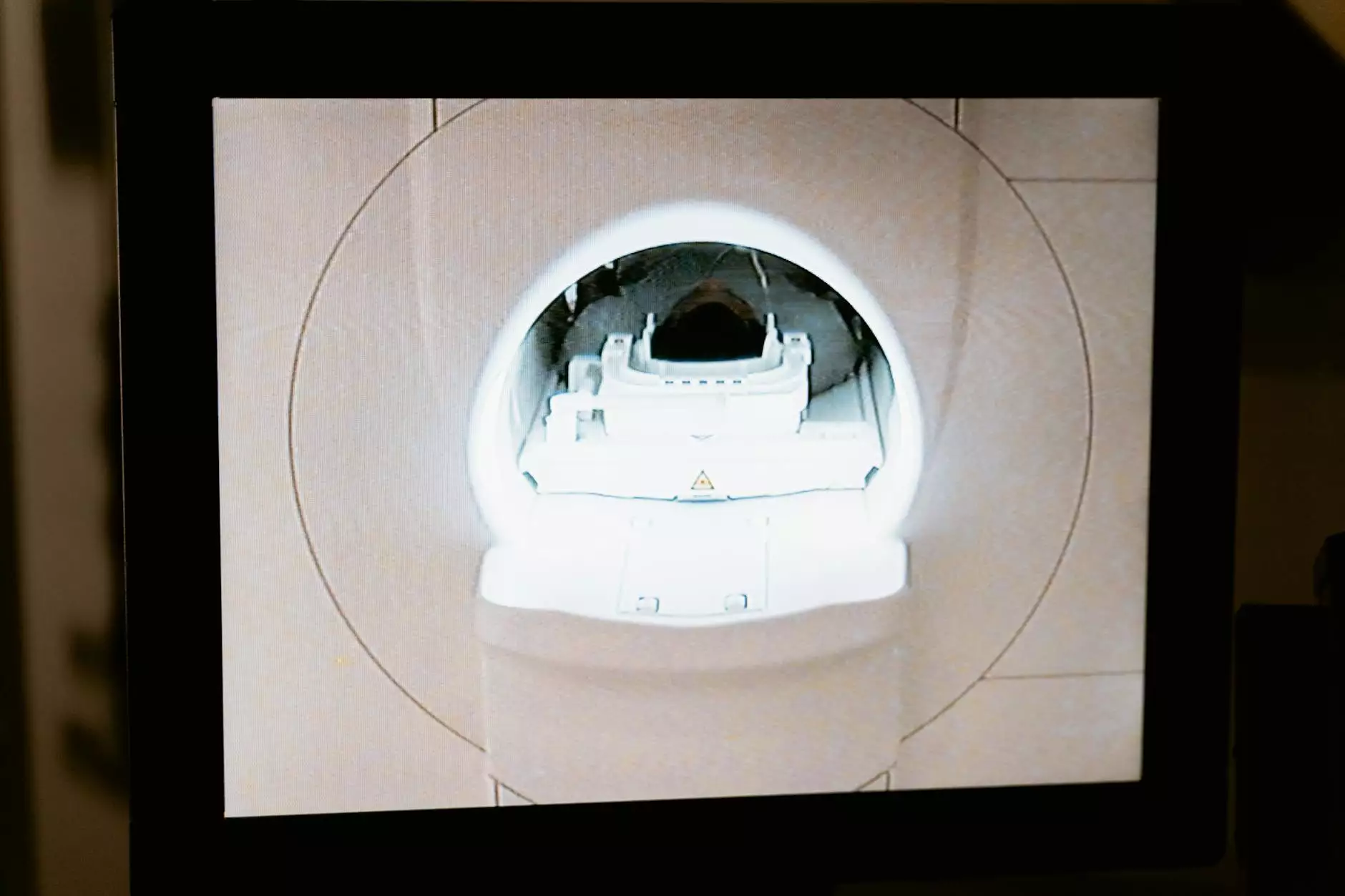Effective Treatment for Dysmenorrhea and Endometriosis

Introduction
At Ginecologiabarcelona.es, we understand the impact that dysmenorrhea and endometriosis can have on a woman's quality of life. These conditions, although different, can cause pain, discomfort, and other symptoms that affect daily activities and overall well-being. Our team of specialized obstetricians and gynecologists is dedicated to providing effective treatment options to women in Barcelona.
Understanding Dysmenorrhea
Dysmenorrhea refers to painful menstrual periods that affect many women. It can be classified as primary or secondary. Primary dysmenorrhea occurs without any underlying medical condition, while secondary dysmenorrhea is associated with an underlying condition such as endometriosis.
Signs and Symptoms
The most common signs and symptoms of dysmenorrhea include:
- Severe and cramping abdominal pain
- Lower back pain
- Nausea and vomiting
- Headaches
- Diarrhea or constipation
- Heavy menstrual flow
Treatment Options
There are several effective treatment options available for dysmenorrhea:
1. Over-the-counter Pain Relievers
Nonsteroidal anti-inflammatory drugs (NSAIDs) such as ibuprofen can provide relief from pain and reduce inflammation during menstruation.
2. Hormonal Birth Control
Oral contraceptive pills, patches, or hormonal intrauterine devices (IUDs) can help regulate menstrual cycles and reduce the severity of dysmenorrhea.
3. Lifestyle Modifications
Adopting a healthy lifestyle, including regular exercise, a balanced diet, and stress management techniques, can help alleviate symptoms of dysmenorrhea.
Understanding Endometriosis
Endometriosis is a chronic condition in which the tissue similar to the lining of the uterus grows outside the uterus. This abnormal growth can cause pain, infertility, and other complications.
Signs and Symptoms
The signs and symptoms of endometriosis can vary, but commonly include:
- Pelvic pain and discomfort
- Painful menstrual periods
- Pain during intercourse
- Heavy menstrual bleeding
- Infertility
- Gastrointestinal issues
Treatment Options
When it comes to managing endometriosis, various treatment options are available:
1. Medications
Nonsteroidal anti-inflammatory drugs (NSAIDs), hormonal contraceptives, and gonadotropin-releasing hormone (GnRH) agonists can be prescribed to manage pain and reduce inflammation.
2. Surgery
In severe cases, laparoscopic surgery may be recommended to remove endometrial tissue and alleviate symptoms.
3. Assisted Reproductive Technologies
For women struggling with infertility due to endometriosis, assisted reproductive technologies such as in vitro fertilization (IVF) can help achieve pregnancy.
Conclusion
At Ginecologiabarcelona.es, we strive to provide the most effective and personalized treatment options for women dealing with dysmenorrhea and endometriosis. Our experienced team of obstetricians and gynecologists is dedicated to improving the quality of life for each patient we serve. If you are experiencing symptoms related to dysmenorrhea or endometriosis, we encourage you to schedule an appointment with us. Take the first step towards finding relief and reclaiming your life.










